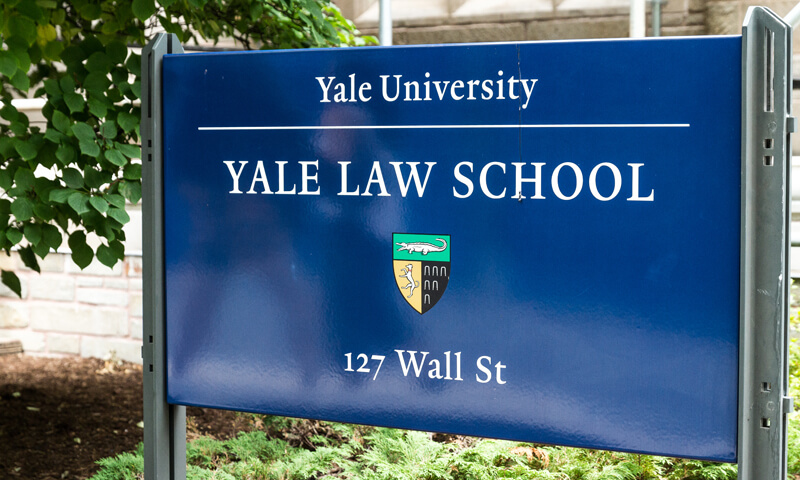Summary: The day before the travel ban is to go into effect, several judges agreed to hear arguments of why the ban should be stopped.
President Donald Trump’s travel ban is supposed to go into effect Thursday but with several states suing the government, more than one judge may be able to find a way to put the ban on hold. The executive order would ban foreigners from six countries from entering the United States for 90 days and ban all refugees for 120 days.
The big difference between the new order and the one in January is that those with green cards and valid visas will be exempt. The Trump administration has worked hard to find a way to make the order legal and fair but critics still view the ban as a ban that discriminates against Muslims. They are pressuring federal judges to place temporary restraining orders on the ban so that it cannot go into effect.
The Justice Department feels that the ban is “substantially different” since visa holders and no longer included in the ban so those seeking to enter the country have no constitutional rights. The new order also provides waiver provisions allowing access on a case-by-case basis.
Critics of order see that the two time periods of 90-days and 120-days match the previous order so there is a basis for the federal courts to stop the ban from going into effective since they did it the first time. States suing claim the ban hurts their tourism and foreign students but DOJ attorneys argue against this, especially Hawaii’s lawsuit. The attorneys stated, “Hawaii does not identify any particular persons it seeks to recruit who have concrete plans to relocate to Hawaii and join a state university or agency – let alone specific plans to do so in the next 90 days. Rather, the most Hawaii can say is that unidentified aliens might aspire to do so someday.”
This time, foreign students and faculty members with existing valid visas are excluded from the travel ban so the argument by Washington and Minnesota that the ban hurts people traveling from the banned countries that may join their university is no longer valid.
The new order also includes a 10-day “phase-in period” so that those currently traveling are not placed into a state of chaos that the first order created.
Do you think the new order has enough changes to make it legal? Tell us in the comments below.
To learn more about the first travel ban, read these articles:
- Court Unanimously Upholds Freeze on Travel Ban
- Trump’s Travel Ban Heads to a Federal Appeals Court
- Trump’s Executive Order: “Muslim Ban” or Key to American Safety?
Photo: commons.wikimedia.org







































